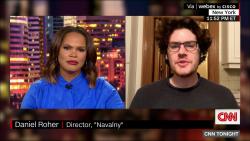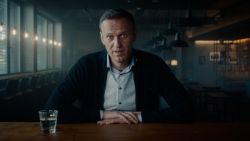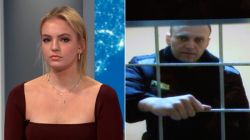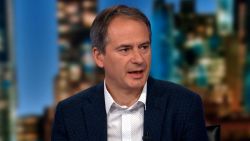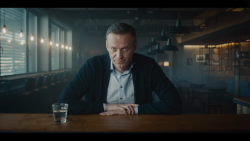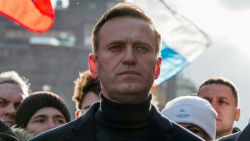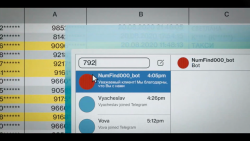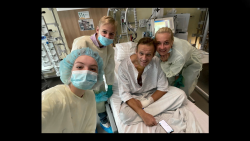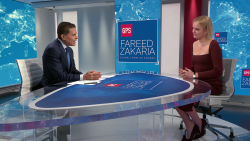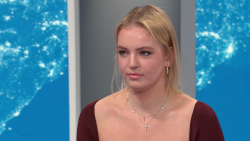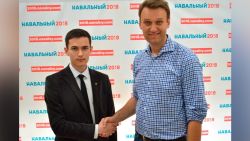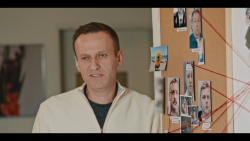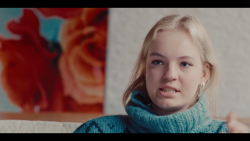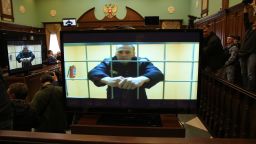Editor’s Note: The 2022 CNN film “Navalny” won the BAFTA Award for Best Documentary Feature. And it is streaming on Max, which is owned by CNN’s parent company.
(This article was published in March, 2023.)
Russia’s most famous dissident and critic of Vladimir Putin, Alexey Navalny, remains locked in solitary confinement at the maximum-security IK-6 penal colony at Melekhovo, in ailing health, and according to those closest to him, subjected to torture intended to break his spirit.
Despite Navalny’s suffering, Odessa Rae, one of the producers of Oscar-nominated documentary and CNN Film “Navalny,” has no doubt that the opposition politician is still finding ways to delight in his own dark – and disarming – sense of humor.
“I’m sure it’s his humor that is keeping his spirit alive,” she told CNN Opinion. “He has a particular penchant for dark humor, so he’s probably finding lots of great content in prison.”
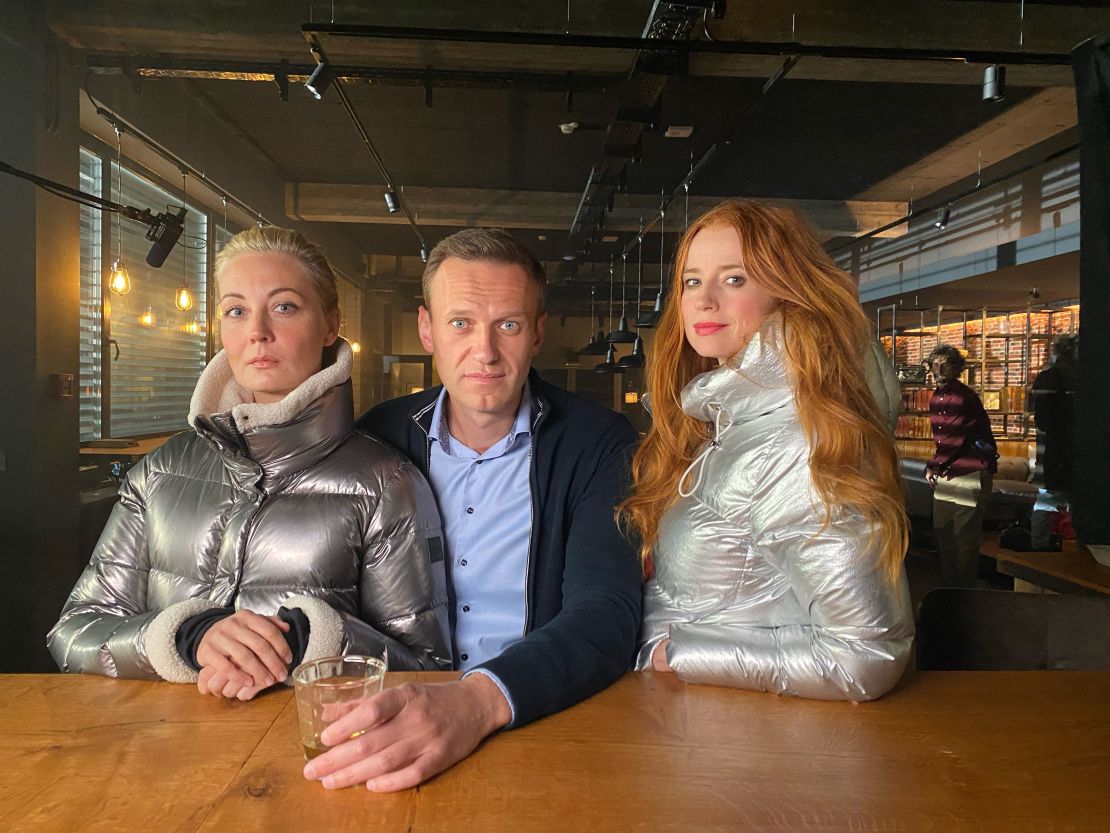
Rae should know. In late 2020, she spent months filming with Navalny and his family in Germany’s Black Forest while he recovered from a near lethal dose of the deadly nerve agent Novichok delivered by an elite Russian intelligence unit (which the Kremlin denies).
Now, as fears for Navalny’s health grow, and a growing chorus of Russian lawyers and medical professionals call for an end to his “blatant torture” in prison, Rae answered questions from CNN Opinion’s Sheena McKenzie and Jane Carr, revealing new details about Navalny’s confinement – and reflected on his enduring source of strength.
CNN: You spent many months with Navalny in Germany while he was recovering from poisoning – what are your memories of that time and what did it reveal about him?
Odessa Rae: I will never forget the first time I met Alexey Navalny. Daniel Roher (director of “Navalny”), Christo Grozev (investigative journalist) and I drove into the night, through the Black Forest after a few weeks of trying to arrange a meeting with Navalny.
Our car was packed with camera gear. We had high hopes, but no official agreement to film had been made. Upon arriving, we were immediately charmed by Navalny’s welcoming energy, warm smile and the ease at which he initiates conversation. We easily let go of any intimidating preconceptions we had about him.
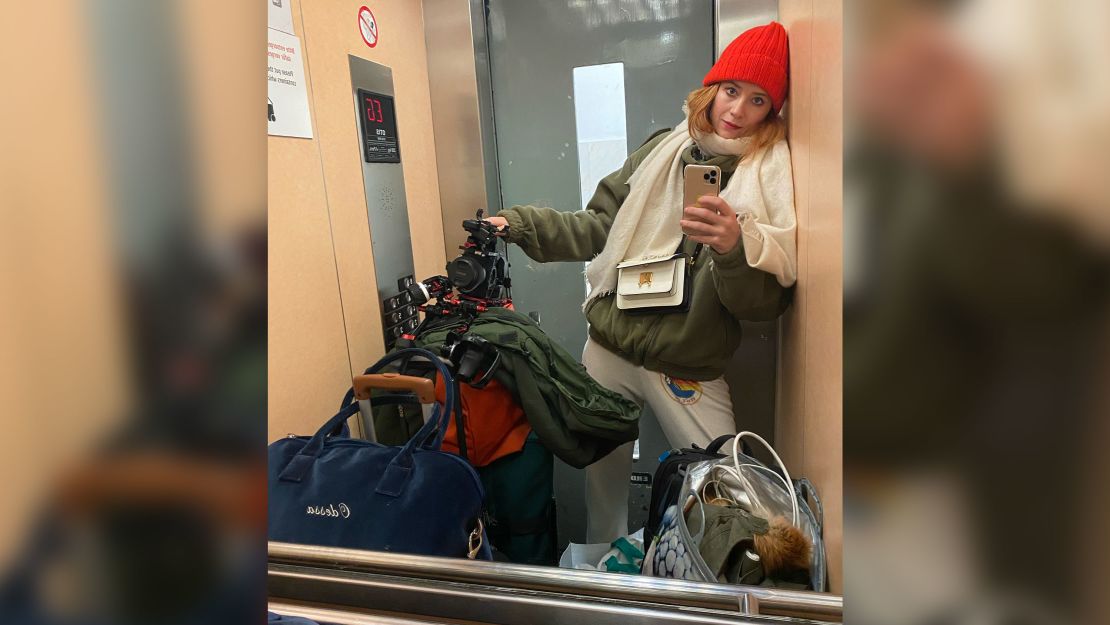
Once we started filming, we would ask, “Alexey, can we come film you running? Brushing your teeth? Waking up?” He sometimes thought our requests sounded absurd, but he was always willing and accepted us with a good spirit. We would end long days with his favorite local food: the Doner Kebab.
The security situation that he lived in was very clear from the first meeting. The team was very cautious about who they let in. Christo vouched for us but we had to earn their trust. We offered, “two months in, if you don’t like it, we will quit and give you all the footage.”
They agreed to start that way, but it came with endless questions and intensive background checks. They even wanted to look at our bank accounts to make sure we were not being paid by any government entity. Navalny lived in hiding.
I think we were accepted by his team for a few reasons. At the time we were just independent filmmakers, we were not yet associated with any major production company. We had no outside funding. We arrived in the Black Forest with the cost of the rental gear piled onto my credit card. We were willing to put our all into this film. We adapted to his security needs. No one knew where we were or what we were doing. All emails ceased, communication was done through encrypted messaging.
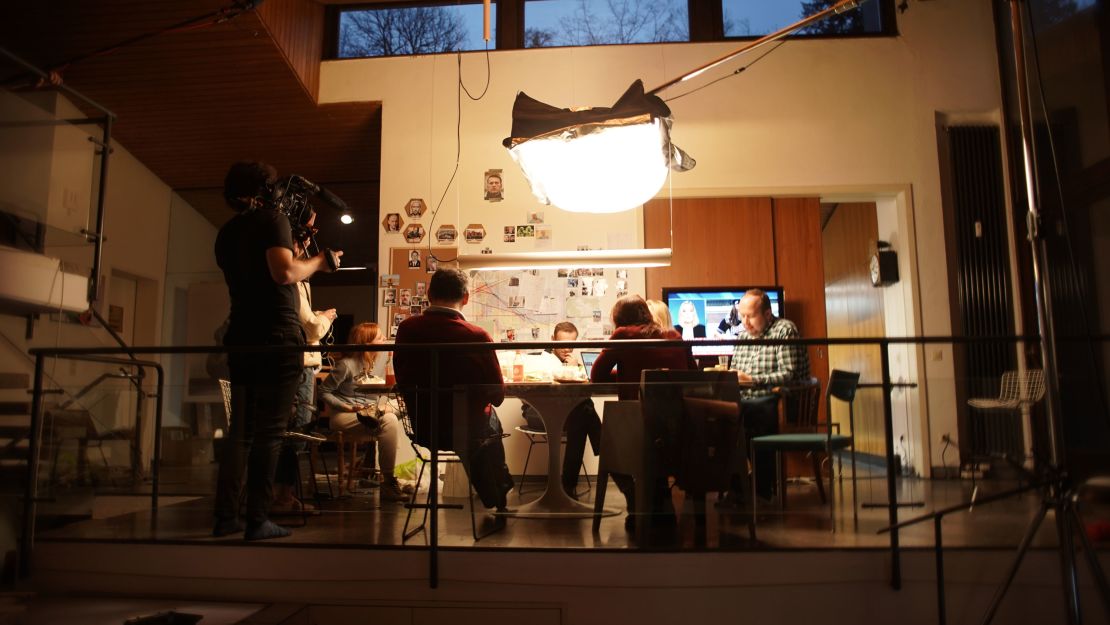
It took a lot of gymnastics to keep the footage safe. We spent long hours in the car, in winter conditions driving to various locations. Often we were met with Covid restrictions. My passwords became a three-step process with an external security key, which is how I continue to live. We traded stability for the privilege to spend unforgettable time getting to know an extraordinary human being.
CNN: Please describe Navalny’s current prison conditions and the physical and mental toll.
Rae: Navalny is in solitary confinement in a maximum security prison. He has been there for the most part since last August. The main reason he is in solitary confinement is because of his vocal anti-war activism from his jail cell. He is one of Russia’s loudest voices against the war in Ukraine. He even uses his court time to protest the war.
They are torturing him in prison. They weaponize other inmates by putting an inmate in the infirmary until they become ill (contract an illness from other patients in the infirmary) and then put the sick inmate in Navalny’s cell.
Recently when Navalny became ill, almost certainly having contracted an illness from one of the weaponized inmates, even with a high fever, they restricted his water intake to only three glasses per day.
They introduced another inmate into the cell next to him who screams for hours and hours at night. He is not able to lie down during the day as his bed is chained up to the wall from 5 AM to 9 PM. They deprive him of family visits and of basic necessities like winter boots. He has lost close to 7 kilos (approximately 15 pounds) in the last couple months and has been repeatedly denied medical treatment.
CNN: Navalny recently tweeted: “I laugh at least thrice a day, even when I’m all alone in the cell.” How does he maintain his sense of humor amid the darkness? What gives him that strength?
Rae: Navalny has both an insatiable curiosity and a terrific sense of humor – both of which I’m sure serve him well in prison. We actually talked about this one day while driving him to a shoot.
We had a rigorous schedule, with many sleepless nights. Often I had the privilege of picking him up. I found Navalny to be a very open conversationalist. If he didn’t know something he would not hide it. On one of our drives he set out to pick my brain about life in Hollywood. “Tell me about the #MeToo movement.” Or: “Explain film production to me.”
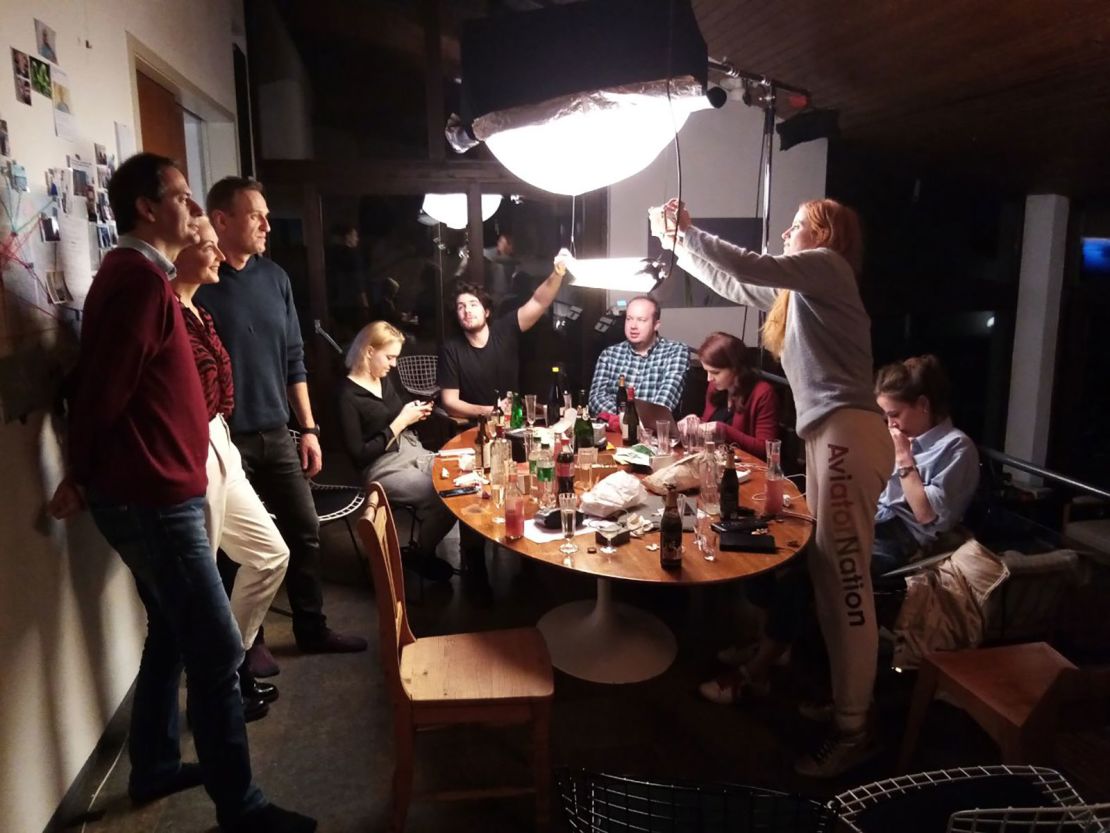
On another long drive, we discussed his earlier experiences in prison. He told me that one of the greatest things he learned was to appreciate the small things, the tiny little things that we don’t normally think about on a daily basis – like brushing your teeth whenever you want, or touching a loved ones face, or a warm shower.
I can just imagine him applying this skill now in prison, looking at a prison guard and finding something entertaining about him or her, the sound of a bell, or receiving a funny letter. He has a way of connecting to people through humor. It was the way he often brought lightness to a tense situation.
We had a group chat that was filled with jokes. There was lots of banter about Canadian hockey versus Russian hockey. I’m sure it’s his humor that is keeping his spirit alive. He has a particular penchant for dark humor so he’s probably finding lots of great content in prison.
CNN: You’re working on another documentary about Ukraine. Can you tell us more about the project and what you’ve seen in Ukraine?
Rae: This project in Ukraine would not have been possible without my producing partners on the Navalny film, Diane Becker, Shane Boris and Melanie Miller. They came on board and helped me carry the weight of Navalny. They were the team that Daniel and I needed. We became close like a family, highlighting for me the necessity of teamwork.
At this time, the Ukraine documentary is still in the filming process. I’ve been following some individuals, operating within Ukrainian President Volodymyr Zelensky’s government, who have been involved in crucial negotiations. What I have seen is horrific. And always at the back of my mind is the awareness that I’m allowed the privilege of safety as soon as I fly back home. My concern is for the Ukrainian people during this time, and I hope to tell their story.
My experience of the war up to this point has been primarily of my experience in Kyiv. I have witnessed people responding to the daily brutal and senseless attacks on critical infrastructure with courage, creativity and resilience. But at the same time there are strange undercurrents of life just going on.
From my last trip, at the end of December, I have a poignant memory of sitting in my friend’s donut shop, Ponchyk Boy. (They often make themed donuts that address the war in a comical way.) We were unable to make a cup of tea because the electricity was out, the air raid sirens were blaring, much of the city was dark. The generators come on where they can, but people just keep going or, they sit in the dark - sometimes with a candle. Even when they have no heat the spirit lives strong.
CNN: Even locked in solitary confinement and in poor health, how much of a threat is Navalny to Russian President Vladimir Putin?
Rae: Navalny continues to be a threat to Putin’s autocracy. Even from maximum security prison, he is one of the most vocal anti-war activists in Russia today. His Anti-Corruption Foundation is constantly criticizing Putin’s leadership, ruling practices and the war. Navalny is fighting for a better, more prosperous, fair and democratic Russia.
Last week he posted a 15-point plan for post-war Russia. This plan presents a way forward. In a sense it is a manifesto. You can find this piece on his social media. It is like a breath of fresh air. This plan lays out Navalny’s political views and an alternate, more reasonable way forward for the Russian people and for the region. It is a plan that demonstrates respect for its neighbors and for Russian citizens. His very existence symbolizes hope.


